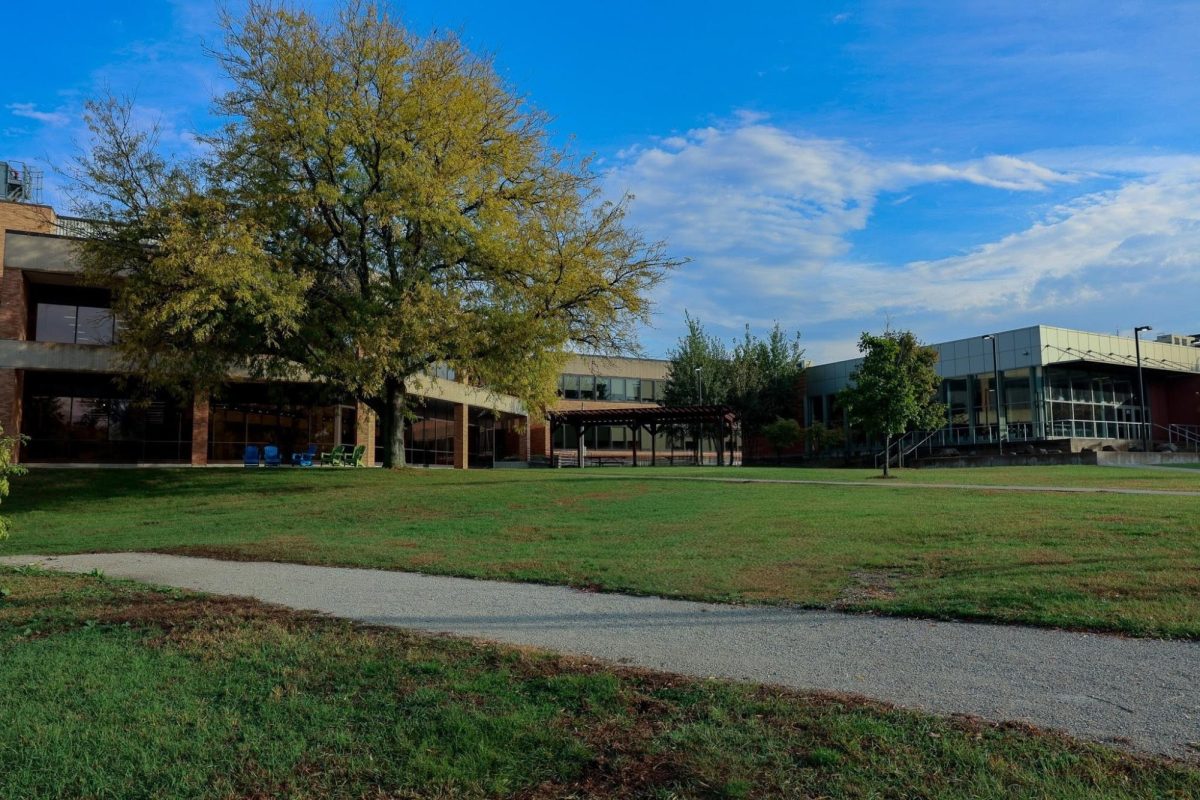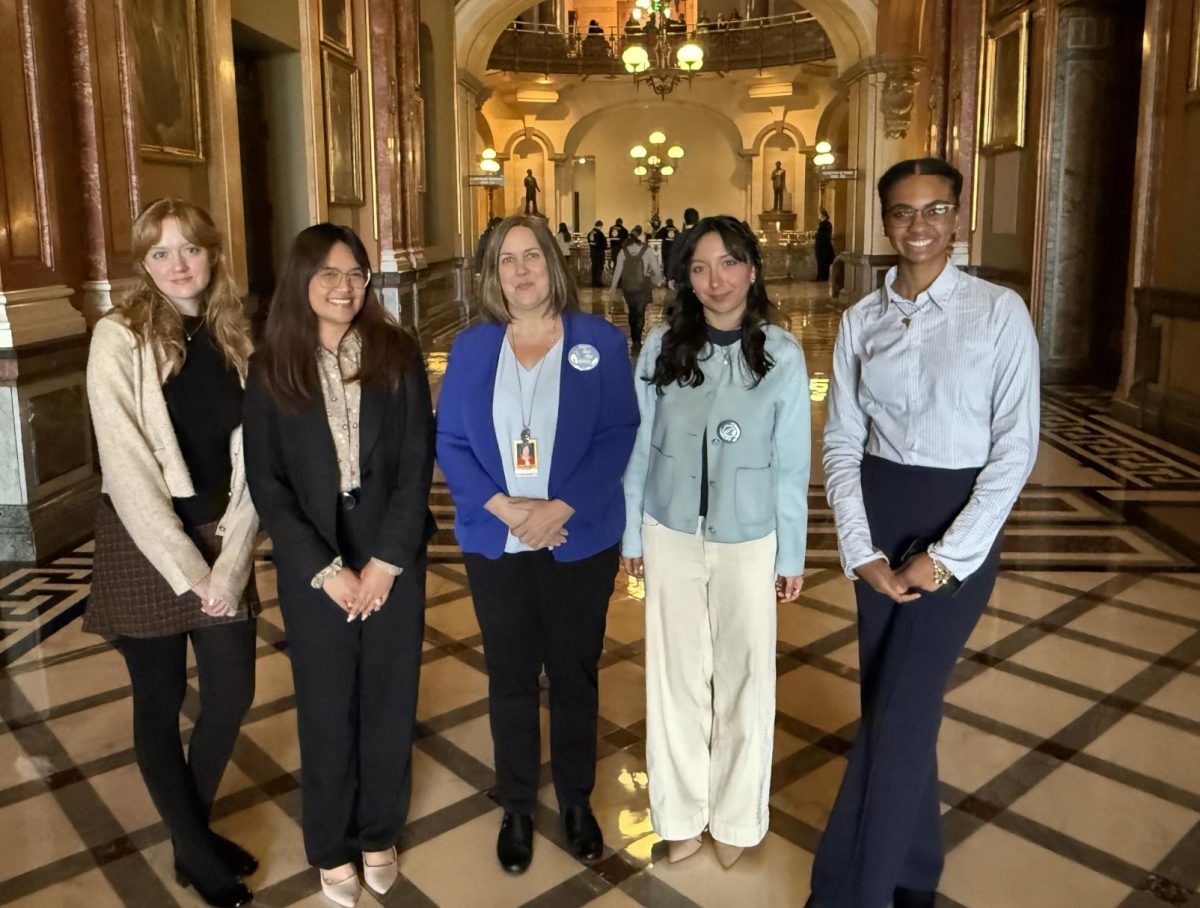As artificial intelligence tools grow more common in classrooms, College of Lake County instructors are adapting the way they teach, grade, and communicate with students.
While some instructors welcome AI as a helpful tool, others express concern about its impact on learning and academic integrity. Three were recently asked at the Grayslake campus about their views of AI.
Shane Jones, a biology instructor from Lake Geneva, said he has noticed students using AI tools casually, especially when looking up quick information. However, he is more concerned about the use of AI during exams.
“Paper exams are still key,” Jones said, stressing the importance of traditional testing methods to maintain fairness.
Jones said AI use makes schoolwork more efficient but can also encourage shallow thinking.
“It helps and it hurts,” Jones said. “It makes things efficient, but students do not think as much. Real learning is not really happening.”
While Jones has not personally caught students cheating with AI, he said colleagues, particularly in online classes, have faced challenges.
Jones emphasized that assignments should focus on understanding, not shortcuts, noting that the real goal is for students to make lasting connections with the material.
Kelly Black, an English department co-chair from Cary, approaches AI use from a teaching perspective. When she identifies improper use, she chooses to work with the student rather than punish them.
“When I notice it, I reach out to the student and give them an opportunity to redo the assignment,” Black said.
Black said she has adjusted her teaching methods by incorporating AI responsibly into the classroom. She has created a clear policy outlining how students can use AI for brainstorming without crossing into plagiarism.
She emphasized that teaching students how to cite AI sources properly is crucial as expectations evolve across different disciplines.
For math instructor Riyanti Boyd of Lake Villa, detecting misuse is relatively simple. Boyd said that when students submit work that covers material not taught in class, it stands out immediately.
“If things are not covered in class, it is easy to spot,” Boyd said.
To counteract potential misuse, Boyd said she proctors exams carefully and makes tests more interactive and challenging. She acknowledges that AI can help students get quick answers when they lack teacher feedback, but warns that real understanding only comes through effort.
Despite the challenges, all three instructors agreed that AI has potential benefits if used responsibly. Boyd compared AI tools to calculators in math classes, emphasizing that they should be seen as helpful aids rather than replacements for learning.
“If you use it, note it, because it is just a tool,” she said.
As CLC instructors adjust to new technologies, their shared focus remains the same: finding a balance between encouraging innovation and ensuring that students are truly learning along the way.







